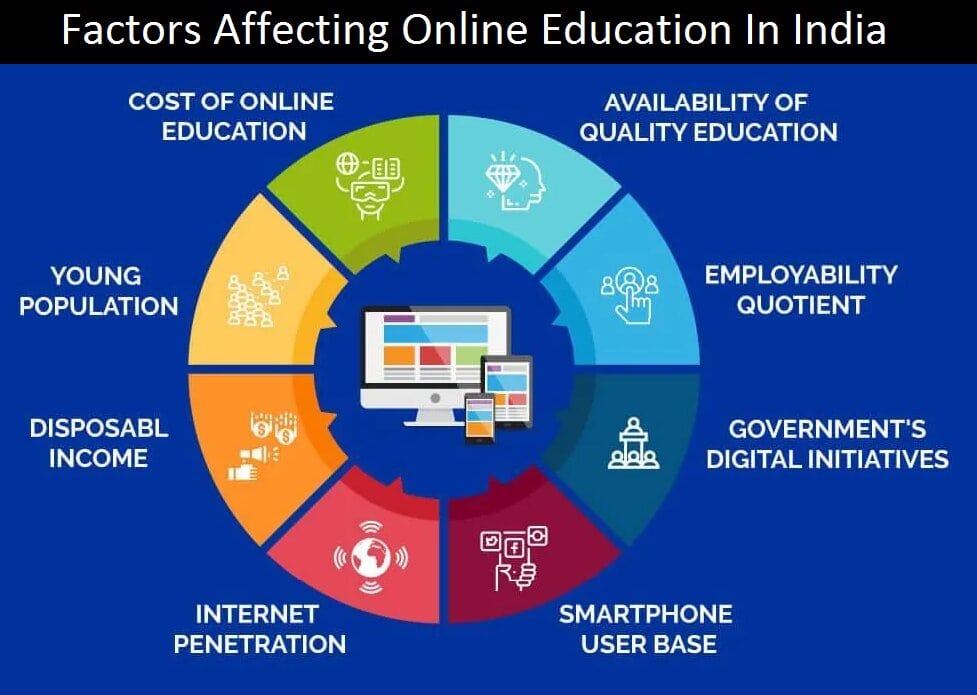Social Justice
Education In Post-Covid Era
- 30 Jun 2020
- 5 min read
This editorial is based on “Education in the post-pandemic world cannot be the same again” which was published in The LiveMint on 25/06/2020. It talks about the status of education in the post-pandemic era.
Covid-19 pandemic has resulted in unprecedented upheaval across all industries, with the education sector being no exception. In such a difficult time society and industries have sought to counter the disruptions caused by the pandemic, through ‘great decentralization’ i.e. work-from-home or actually work-from-anywhere.
Similarly, online education by most of the colleges and universities has been becoming a norm. However, online education possesses some limitations pertaining to the digital divide in India.
In this context, the government and other stakeholders should see this disruption caused by pandemic as a good opportunity to improve the public education system and aim to make it more egalitarian.
Associated Challenges with Online Education
- Digital Divide: While e-education is a privilege for the students from an upper and middle class, it has proved to be a nuisance for students from the lower middle class and people living below the poverty line.
- Many poor students who don’t have access to e-resources (computers, laptops, internet connectivity) shall not be able to attend classes from home.
- Commercialisation of Education: With online education becoming a norm in the post-pandemic era, there is a significant possibility of corporate houses, technology firms and educational institutions working much more closely together.
- Though this may have a big positive effect on the education sector, it may further aggravate the ongoing commercialisation of the education sector and exclude the self-dependent tutors.
Steps To Be Taken
- Online Education as a common good: The Centre and the state governments should start making access to technology universal and more feasible in the public education system.
- Also, as part of Corporate Social Responsibility, private players can involve tech-based organisations to make e-resources accessible and available to students, especially in government and low-income private schools.
- Expansion in the scope of Right to Education: The definition of the right to education needs to expand and promote online education so that it addresses the importance of connectivity and access to knowledge and information.
- Valuing teaching profession: Digital innovation provides a remarkable opportunity for the democratisation of education.
- However, there is a need to encourage conditions that give frontline educators autonomy and flexibility to act collaboratively.
- Protection of the social spaces provided by education institutions: Traditional classroom organization must give way to online education. However, school or education as a social space (whereby a student not just learns the academic knowledge but many social skills also) is indispensable.
- Ensuring scientific literacy within the curriculum: This is the right time for deep reflection on curriculum, particularly as a society still struggles against superstitions and actively fights misinformation.
Conclusion
Covid-19 has shown the extent to which the Indian system of education exploits inequalities. Thus, there is a need for renewed commitments to the synergy between the private and public education sector. In this context, there is a need to make education as a common good and digital innovation can help in achieving the feat.
|
Drishti Mains Question “Education is a bulwark against inequalities and digital innovation can lead to its democratisation”. Discuss. |
This editorial is based on “Brief Reprieve” which was published in The Hindu on June 28th, 2020. Now watch this on our Youtube channel.





